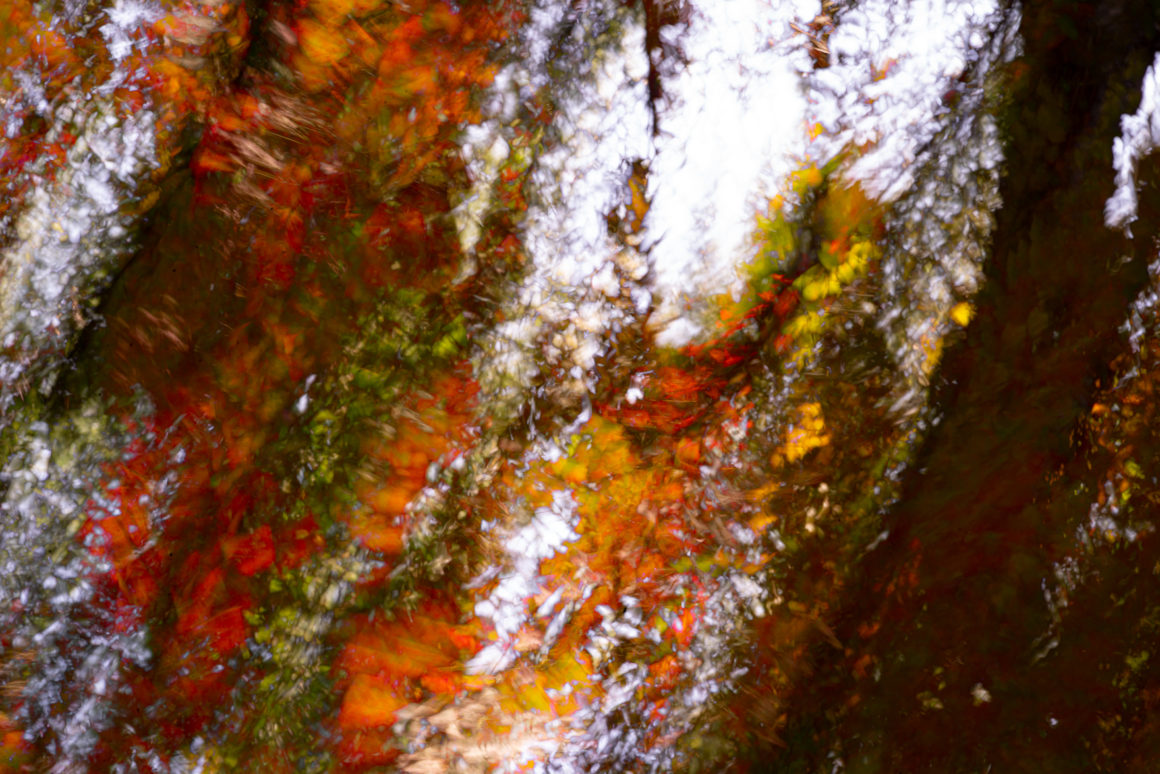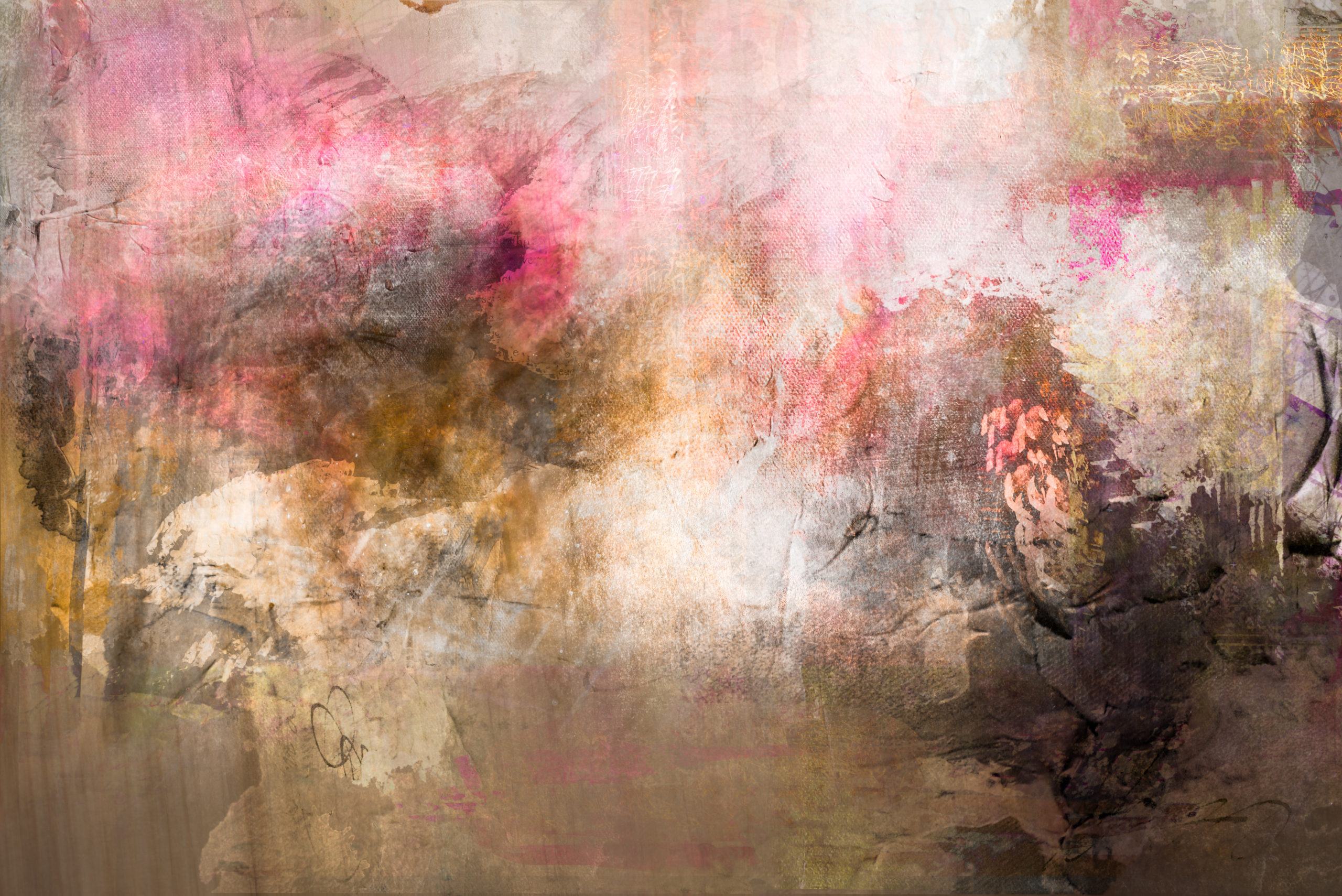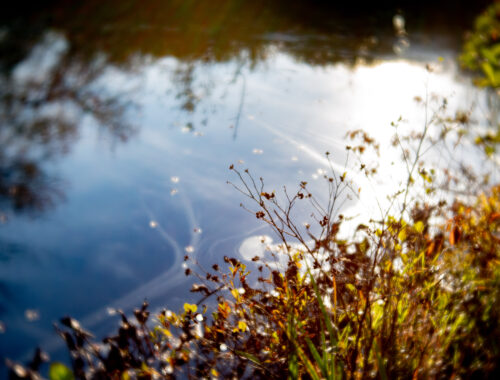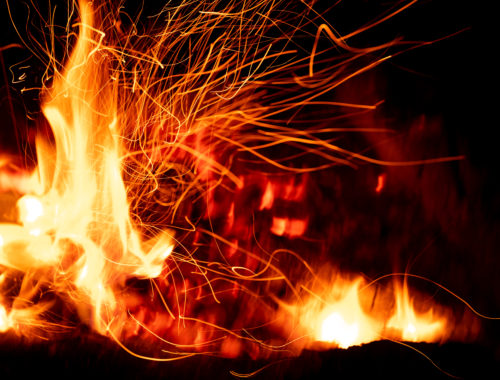
Sifting and Sorting the Pretty and the Beautiful
I have got to get some semblance of a writing routine wedged into my days. So, here I sit, with headphones plugged into some of the classical music offerings from Halidon on Youtube. Luke shares my studio. At the moment, he’s not on a call, trying to sell his software. I imagine that I’ll soon enough have to turn up the volume.
I have long resisted the temptation to place my life on hold, going through my days with mincing steps, careful to not step on anything I might need in the future. In recent months, though, I’ve managed to slip back into the habit. While I could blame on it on COVID, as everyone else seems to, there is more to it than that. The fake pandemic was blended with one manufactured protest after another that quickly morphed, by design, into riots, looting, and other forms of domestic terrorism. Now, everything seems to hinge upon a presidential election. I know there’s much more to it than that (hence, the holding pattern), but I’ll play along and keep my thoughts to myself.
Blog posts and book notions, poetry and photography, art and propaganda. It all sort of swirls together, with one or another bubbling to the surface every now and again.
Each day seems to bring new insights, goals, and resolutions—until they vanish with the next day’s dawn.
How many of my responsibilities are real? How much of what I pursue is about my own goals? How much is about an Other? Man, you think you have it together, you’ve pruned those bushes of bad habits, bad tendencies, and just out-and-out sinful nature, only to find that all the roses were already taken out by Japanese beetles: so small, so invasive, so deceptively harmless looking, maybe almost attractive.
In just the past week, I’ve started reading, on a daily basis, each post—from the beginning, in October of 2006—offered by Father Stephen Freeman on his blog Glory to God for All Things. His words provide much needed perspective and remind me of what truly matters. It helps, for at least a few minutes each day. The problem, as I see it, is that I still ascribe too much importance to the role I might play in ______________. (Fill in the blank; you might start with “saving our nation”; “saving children from sexual trafficking or irreversible damage from vaccines”; “opening hearts and minds, or at the very least, eyes”. The problem with understanding that God doesn’t use cookie cutters to create human beings, with knowing—in other words—that He wants each of us to apply our specific talents, traits, and interests to building the Kingdom of God is that it can be hard to decipher what, exactly, falls into the category of “God’s will,” and what should be thrown in the circular file labeled, “Actions that Make me Feel Good about Myself.”
Playing into all that are the constant whispers about audience: Who is paying attention? Who needs to hear this? Who will be offended? Who will walk away? Even before sitting at the keyboard this morning, I told myself to just write without worrying over what will happen with my words, but then, I extend my arms and my head starts dinnlin’ with phrases like “blog post” “keep it brief” “careful, now.”
I don’t want to be careful anymore. Lukewarm will land you in hell. And, think about it: “moderation in all things”—really, you’re sticking with that?
In the Glory to God post I read today, Father Freeman focuses on beauty, a worthy topic. I smiled when I saw that he began with Dostoevsky’s notion that beauty will save the world, and I appreciated his explanation that “beauty is far more than a matter of aesthetics – it is the very goodness of creation itself.”
That distinction certainly helps when I look at abstract art pieces dominated by black and shades of grey and find myself mesmerized. There is beauty there, but it’s not pretty, and it doesn’t have to be. Life is not always pretty. In fact, it often turns out that the prettiest “moments” are either the most insignificant or the most insidious.
This line lives in the excerpt from Dostoevsky’s Brothers Karamazov that Father Freeman shares, and it may well be the crux: “The awful thing is that beauty is mysterious as well as terrible. God and the devil are fighting there and the battlefield is the heart of man.”
We humans are a proud, nasty bunch. We don’t have the foggiest notion of what drives us, yet we can’t help passing judgment on everyone around us, and not just passing judgment, but shouting out verdicts at the tops of our lungs and the tops of our Twitter feeds.
In Father Freeman’s passage from Brothers (which I have yet to read), he includes these words of Dmitri:
Beauty! I can’t endure the thought that a man of lofty mind and heart begins with the ideal of the Theotokos (Madonna) and ends with the ideal of Sodom. What’s still more awful is that a man with the ideal of Sodom in his soul does not renounce the ideal of the Madonna, and his heart may be on fire with that ideal, genuinely on fire, just as in his days of youth and innocence.
A few paragraphs later, Father Freeman mentions Doctor Zhivago by Boris Pasternak, a book I recently read and was rather taken with:
And like the ambiguity of Dmitri’s beauty, Zhivago is able to find beauty in his marriage to Anna or in his adulterous relationship with Lara. His relationship with both is a reaching for life – despite the immorality of his life with Lara. Both he and Lara are aware of the wrongness of their situation (Sodom) but are sustained by the sheer beauty of the life they have between them (Madonna).
We all want happiness, the happiness that that does not exist here, in this life. But its unattainability (in this world) little matters to any of us. When the hunger is consuming our hearts, we’ll stuff anything into our souls to stifle the ache.




